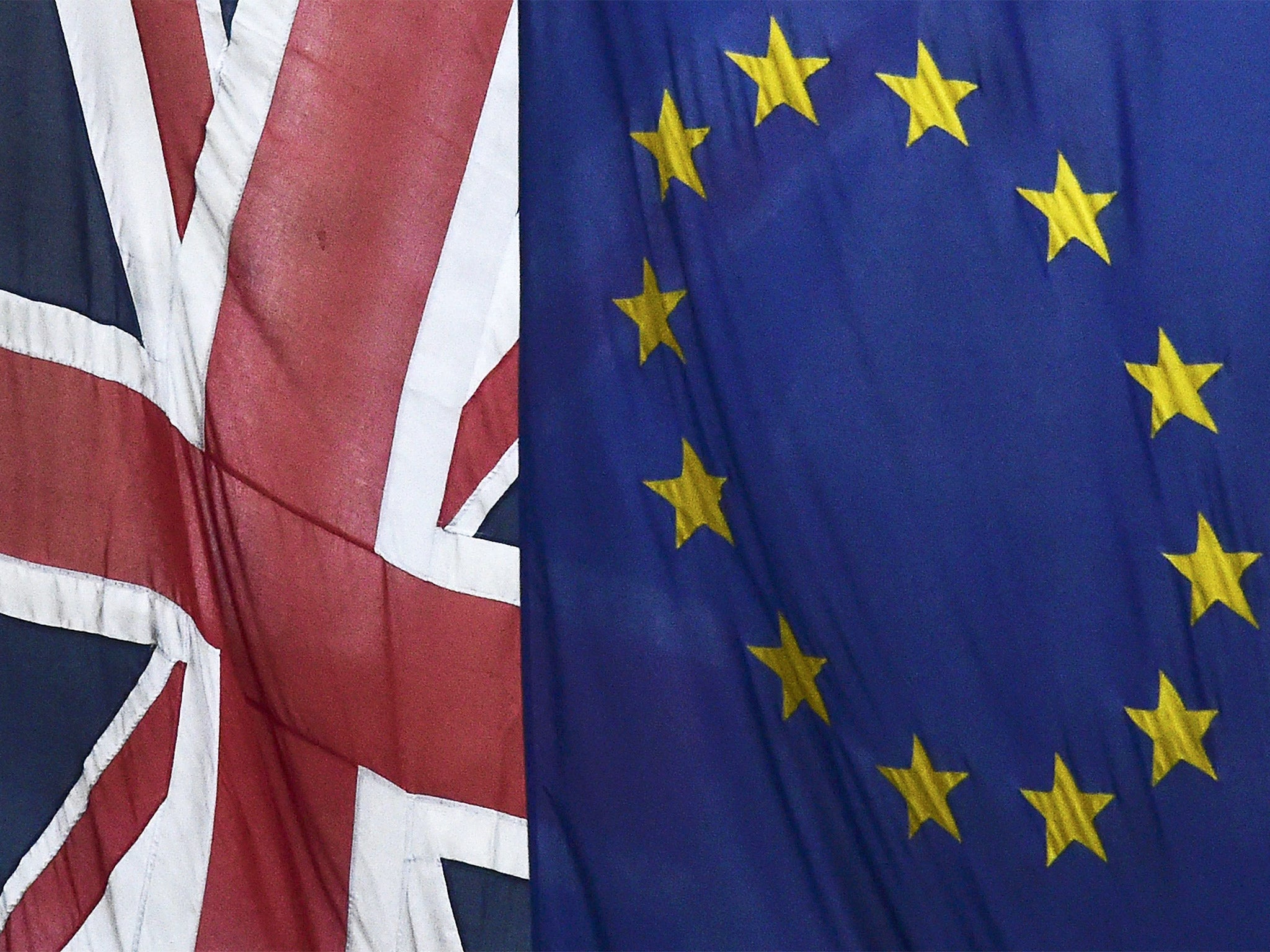EU referendum: Brexit would result in major funding blow to universities and scientific research, claim academics
Major concerns of university vice-chancellors as well as scientists from fields such as neuroscience, astronomy, immunology, sustainable agriculture and nanotechnology have been revealed

Your support helps us to tell the story
From reproductive rights to climate change to Big Tech, The Independent is on the ground when the story is developing. Whether it's investigating the financials of Elon Musk's pro-Trump PAC or producing our latest documentary, 'The A Word', which shines a light on the American women fighting for reproductive rights, we know how important it is to parse out the facts from the messaging.
At such a critical moment in US history, we need reporters on the ground. Your donation allows us to keep sending journalists to speak to both sides of the story.
The Independent is trusted by Americans across the entire political spectrum. And unlike many other quality news outlets, we choose not to lock Americans out of our reporting and analysis with paywalls. We believe quality journalism should be available to everyone, paid for by those who can afford it.
Your support makes all the difference.Britain leaving the EU would be a major funding blow to universities and scientific research, leading academics and scientists have warned.
A Brexit – British exit from the European Union – would, they claim, cost tens of millions of pounds in funding cuts, make recruiting top academic talent harder and cripple cross-border collaboration on scientific research.
Those in favour of leaving the EU argue any funding shortfall would be made up from savings generated by no longer making EU contributions.
But The Guardian has revealed major concerns from university vice-chancellors as well as scientists from fields such as neuroscience, astronomy, immunology, sustainable agriculture and nanotechnology.
They are so worried by the possibility of a Brexit they have formed a lobby group known as Scientists for EU.
Mike Galsworthy, visiting researcher at the London School of Hygiene and tropical medicine and director of Scientist for EU, told The Guardian: “Nothing good can come of it.
“The EU is one huge community of talent. You can put together multinational, innovative, bespoke teams to tackle the really big global challenges. It’s not just the money; that could, maybe, be compensated.
“It’s that we’re on top of this massive engine, driving us all forward together… Hoping British science would do as well if we weren’t is like imagining Lionel Messi would be the player he was without the Barcelona first team playing all round him.”
Mr Galsworthy cites the example of Switzerland, a non-member of the EU, which had research funding cut last year after it voted to restrict free movement of European citizens.
For universities, the consequences of a Brexit could be equally dire.
Universities UK claims more than 15% of teaching and research staff at Britain’s 132 universities are non-British EU nationals, including some of the most highly regarded researchers in the country.
And students benefit from exchange programmes with European universities, made easier by the EU freedom of movement rules, as well as European Union funding.
Leaving the EU could fundamentally change the make-up of British universities.
Speaking to The Guardian Sir Steve Smith, vice-chancellor of Exeter University, said: “Leaving would be a disaster. Of course, it would damage UK research and universities in terms of attracting the best staff, students and funding. But to be honest, that’s not the biggest issue.
“The most successful knowledge economy is where people publish together with people in other countries. EU membership makes that immeasurably easier. Ultimately, it’s about the quality of the work.
“Even if you could make up the funding shortfall from leaving the EU, you would be running counter to the way the world knowledge economy is moving.”
Join our commenting forum
Join thought-provoking conversations, follow other Independent readers and see their replies
Comments